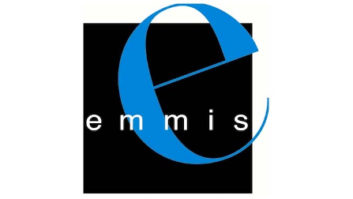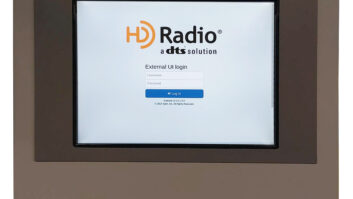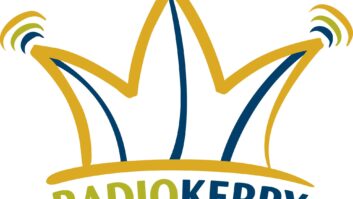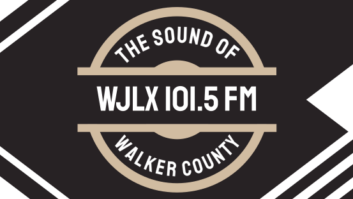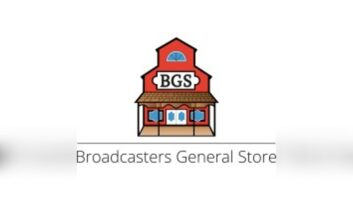INDIANAPOLIS — I’ve long been focused on the development of broadcaster-related technology solutions by nature of my role within Emmis Communications as well as my natural curiosity. This focus led me to devise the data distribution consortium business model and become president of the Broadcaster Traffic Consortium (BTC), a partnership of 16 radio companies formed to distribute real-time traffic data via FM-RDS and HD Radio technology.
This additional role has led me to take a keen interest in the RBDS encoders used in the Emmis network of radio stations across the U.S., including St. Louis, Indianapolis, Terre Haute, Ind., and Austin, Texas. Initially, we had no focused approach to RBDS, so encoders from various manufacturers were used throughout the network.
Standardization
However, at Emmis we place a great deal of importance on standardized technology, believing that it simplifies technology deployments and interfacing with external partners as well as lowering costs and support requirements. Therefore, a number of years ago, we decided to standardize on the Audemat FMB80 RDS encoders and deploy them throughout the Emmis network. In some stations we replaced competitors’ RBDS encoders while at other stations these were new installations.

In addition to a competitive price and compatibility with our external software partners, the FMB80 offers a number of features that ensured it met our technical needs, leading it to be selected over equipment from other manufacturers.
Control was a key criterion for us and the FMB80 offered remote manageability via a Web interface as well as TCP/IP connectivity enabling content interfaces and system interconnects. It also offered support for UECP and RadioText Plus, which would ensure that the platform would enable us to keep up to date with emerging technology. Finally, given Audemat’s experience building RDS systems and involvement in the arena of RBDS, we felt that we were in safe hands and dealing with an established brand.
Installing the 22 FMB80s throughout our network went without a hitch. We were able easily to define a process for the technology installers and it took less than 30 days from the date of shipment to have all systems online and functional.
As mentioned, compatibility with our existing systems was important for us. Each FMB80 RBDS encoder interconnects with both a standardized The Radio Experience system from Broadcast Electronics (used for on-air related metadata and transmission of artist/title, promotional RBDS display, textual advertising display and tagging) and a NAVTEQ BTC system that broadcasts real-time traffic via TMC and LocationPoint advertising. The unit is also compatible with a range of automation software providers.
Without a doubt, Audemat’s FMB80 has proven to be the best product for Emmis’ internal system requirements and BTC service provider obligations; and uptime of the all units is nearly 100 percent. Because Emmis stations run at capacity for content distribution over RBDS utilizing serial interfaces, UECP from multiple Internet sources, ASCII raw data and RT+ from TRE, I can say with confidence that the FMB80 performs well under the all the conditions a broadcaster must face in this area of their technology infrastructure.
Paul Brenner is SVP/Chief Technology Officer with Emmis Communications.
For information, contact Tony Peterle at Audemat/WorldCast Systems in Florida at (305) 249-3110 or visit www.audemat.com.





